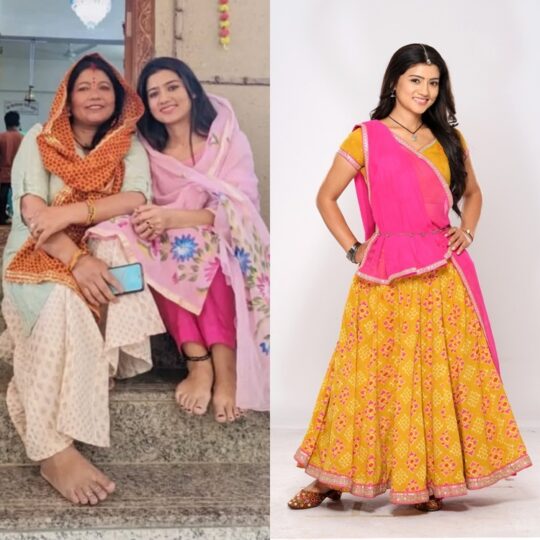Following the release of the comedy-drama Khel Khel Mein, there is a controversy in the United Arab Emirates (UAE) because the UAE Media Regulatory Office has removed major portions of the film. This includes the scenes where Fardeen Khan’s character struggles with his sexuality—the basic crux of his character’s evolution.
Adding to the irony, a major dialogue, “Meri 10 saal ki beti ki soch aapki soch se behtar hai,” too has been removed from the UAE version. Quite naturally, this move started to disappoint and confuse fans in the region.
Helmed by Rajendra M Gowda, the drama stars Akshay Kumar, Taapsee Pannu, and Vaani Kapoor. It marks the return of Fardeen Khan to the silver screen after a break of 14 long years. The removal of such important content angered many viewers. A fan based in Dubai who wished not to be named said, “This edit changes the soul of Fardeen’s character. It is just so disappointing that this defining moment is lost. I felt cheated when Indian viewers told me this. Such censorship takes the soul out of the film.” Another fan, Ahmed Al Mansoori, went on, “I was very excited to watch this film for its progressive storyline. These are stories that we need to see more of, not less.”
Helmed by Mudassar Aziz, Khel Khel Mein is a story of seven friends whose secrets are revealed during a game night. On the censorship, Aziz said that he was focused on the big picture the film has made, as a filmmaker, saying, “This is my professional and moral duty to make characters and spark meaningful conversations. Khel Khel Mein does that work? It’s heart-shattering that something so relevant and so respectably done would be removed from the UAE release, but at the same time, what can I say? I am buoyed by the worldwide applause for those very scenes.”
Fardeen Khan reacted a little more to the situation and said, “I had thought through this role, I would be able to contribute towards a much-needed and relevant conversation. Yes, edits have been made but the intention behind the role—of acceptance—is still the same and I stand by the fact that the message is essential.”
The incident is another pointer to the continuing travails of filmmakers in treading the fine line between creative license and cultural sensitivities across geographies.









Sorry, the comment form is closed at this time.